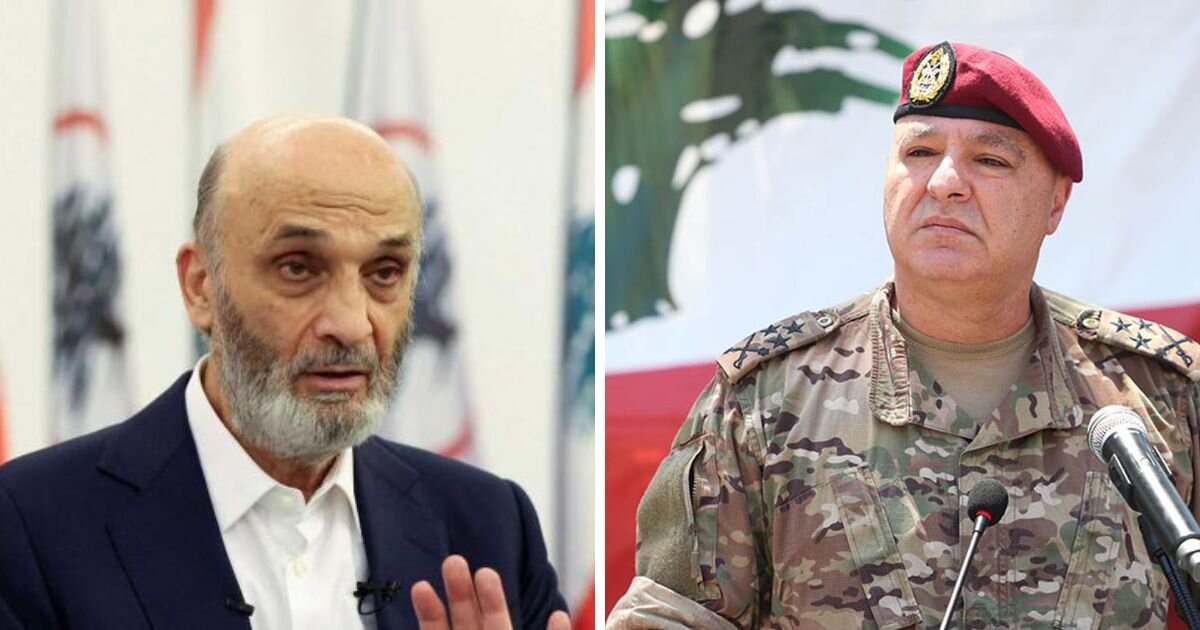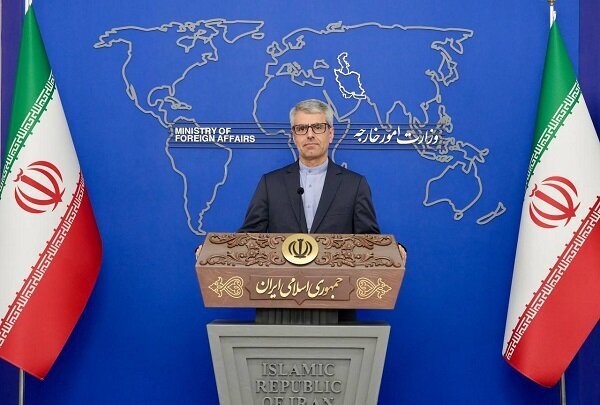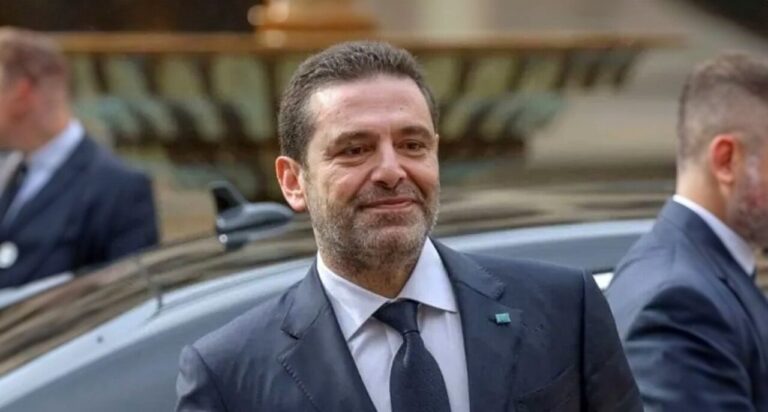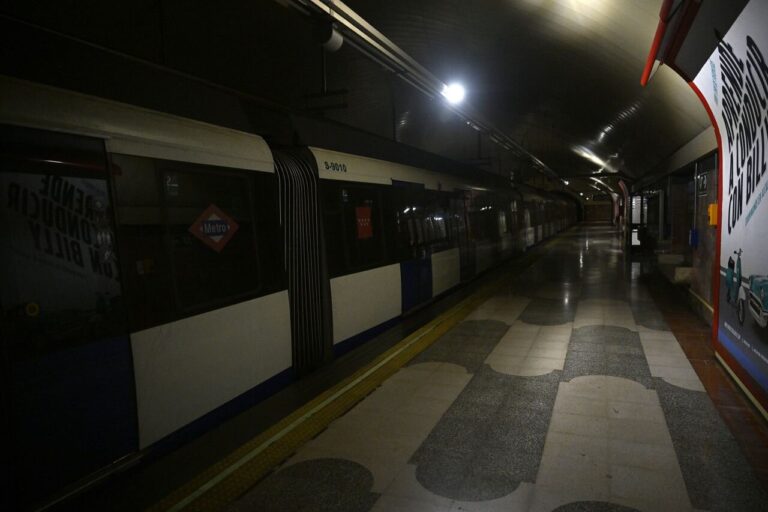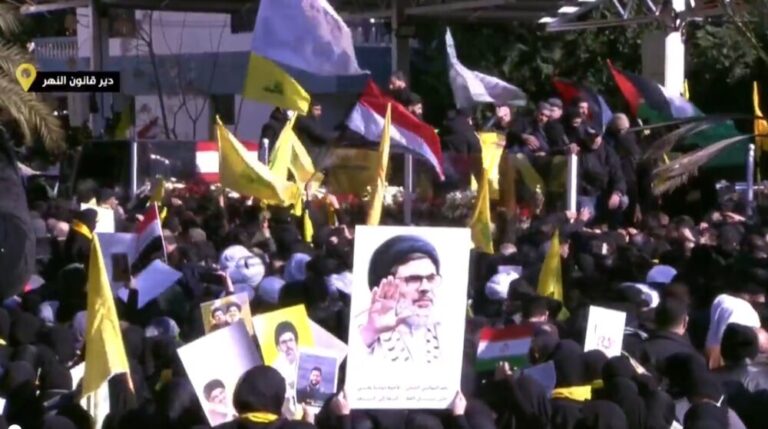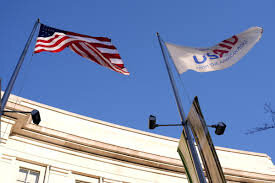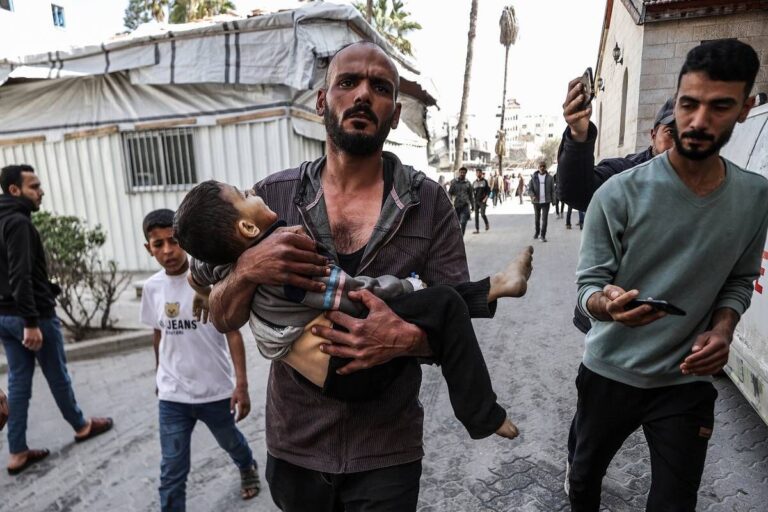Geagea Takes a Stand: Defying Aoun and Salam in a Political Showdown
In the complex political landscape of Lebanon, the Lebanese Forces leader, Samir Geagea, is intensifying his efforts to challenge President Joseph Aoun and Prime Minister Nawaf Salam. This “battle” aims to secure significant advantages for his party ahead of the upcoming parliamentary elections, ensuring that they are not sidelined in any future domestic or regional political settlements.
Geagea believes that he is entitled to the presidency, driven not only by his strong support among the far-right Christian base but also due to his compliance with Western-Arab influences in Lebanon. His preference leans toward candidates who align with his anti-Hezbollah stance, such as Fouad Makhzoumi or Ashraf Rifi, to lead the government.
However, Geagea’s strategy has led to a growing divide with his Christian counterparts, particularly the Free Patriotic and Marada movements. He has managed to retain key ministerial positions, including the Ministry of Foreign Affairs, with the hope of weakening the Shiite communities represented by Hezbollah and Amal.
His aspirations were particularly pronounced during the U.S.-backed Israeli aggression against Lebanon from September to November. Despite this, the political consensus that led to the election of Aoun and Salam undermined Geagea’s plans.
In a show of strength, Geagea’s team has consistently indicated its willingness to confront Hezbollah openly. This determination is reflected in the provocative statements made by Foreign Minister Youssef Rajji, who has controversially justified Israeli attacks and condemned the resistance movement, disregarding his responsibilities as a foreign minister and essentially acting as a spokesperson for the Lebanese Forces.
Recently, during a visit to Riyadh, Prime Minister Salam received advice on the necessity of managing Geagea’s rising influence. Meanwhile, Trump’s envoy, Morgan Ortagus, during her visit to Beirut, conveyed that direct negotiations with Israel and the disarmament of Hezbollah are not immediate priorities for Salam and Aoun. This news further restrained Geagea’s ambitions, as he learned from American and Saudi officials that disarming Hezbollah was unrealistic under the current Lebanese political conditions.
Another challenge to Geagea’s agenda stems from the differing sociocultural backgrounds of the ministerial team collaborating with Nawaf Salam, which complicates their unified approach to governance. National interests seem secondary to the Lebanese Forces, who advocate for privatization over maintaining a welfare state.
Geagea’s apprehensions also stem from the public and ecclesiastical support that propelled Aoun to the presidency. He is particularly wary of the backing Aoun enjoys from both American and Saudi sources, as well as the “alliance of necessity” formed with various Muslim groups and figures.
One notable incident that underscores Geagea’s concerns is the meeting he had with Ortagus at his headquarters. This meeting coincided with Foreign Minister Rajji being summoned to the residence of U.S. Ambassador Lisa Johnson. This sequence of events served to reinforce the perception that the Lebanese Forces play a pivotal role in the ongoing confrontation with Hezbollah.
- Geagea’s Position: Leader of the Lebanese Forces, seeking to undermine Hezbollah’s influence.
- Key Ministers: Retains important portfolios, including Foreign Affairs.
- Challenges: Faces opposition from Free Patriotic and Marada movements.
- Foreign Relations: Strained ties with Israel and ongoing negotiations with the U.S. and Saudi Arabia.
- Public Support: Concerns over Aoun’s backing from various domestic and international forces.
In conclusion, as Lebanon approaches its parliamentary elections, the political maneuvers of figures like Samir Geagea will be critical to watch. His strategies to challenge the current administration, maintain his party’s relevance, and confront Hezbollah will undoubtedly shape the future political landscape of Lebanon.
It remains to be seen how Geagea’s battle will unfold in the face of regional pressures, domestic challenges, and the shifting dynamics of Lebanese politics. The upcoming months will be pivotal as the Lebanese Forces navigate their position within a complex web of alliances and opposition.
